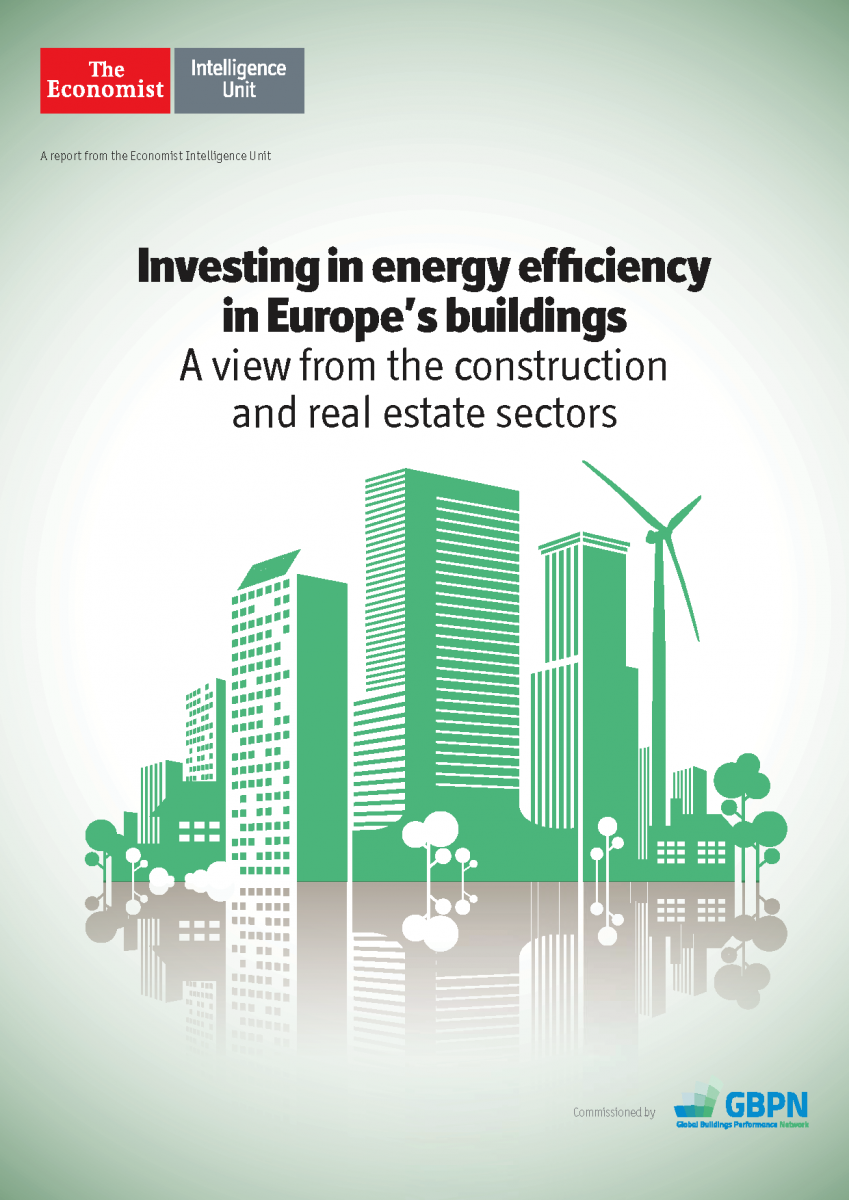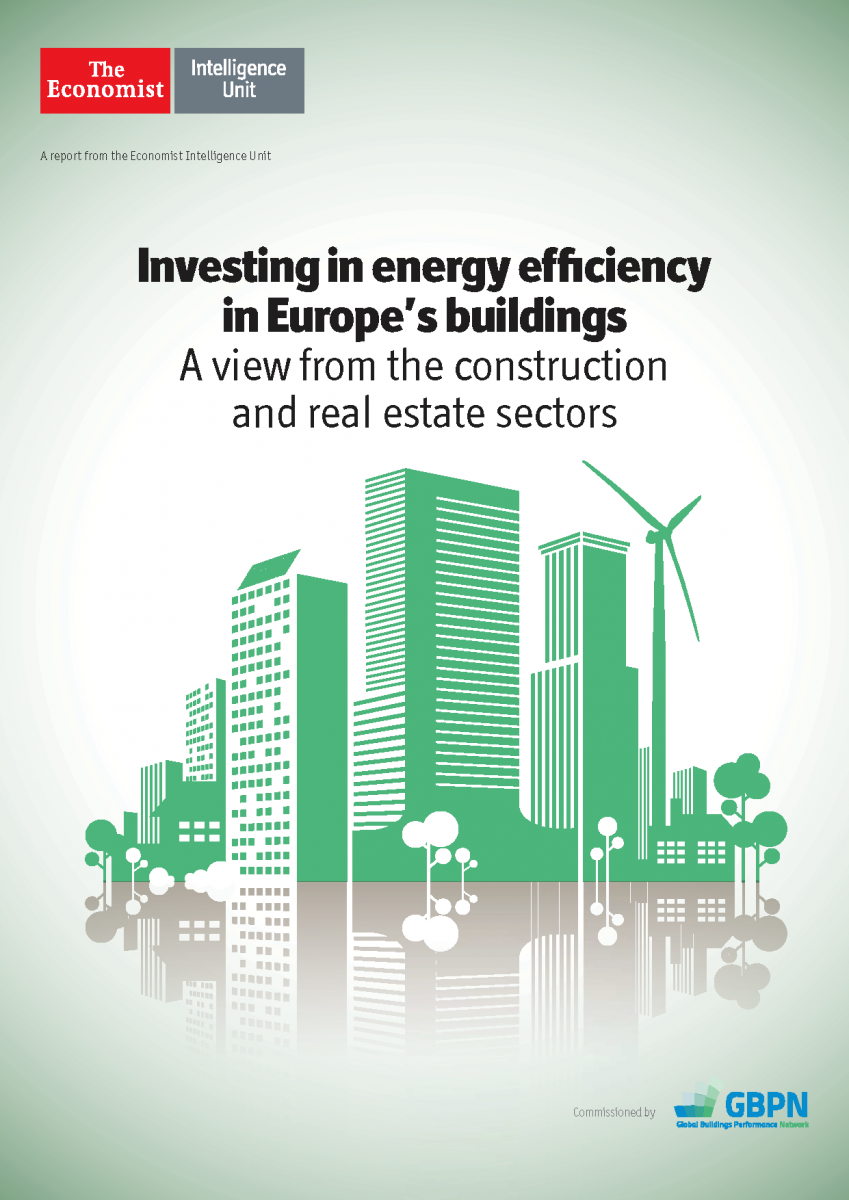Assessing the extent of evidence available relating to the impact of solar energy for households (HHs) in developing countries, surveys are reviewed focusing on the impact of pico‐photovoltaic (e.g., solar lanterns) or solar home systems (SHS) on rural HHs and directly related economic activities of their occupiers. Ninety‐eight documents have been analyzed. Areas of enquiry have included the impact of small individual solar photovoltaic systems on different facets of the life of HHs' occupiers: their education, health, finance, livelihoods, and social relations.
 Highlights
Highlights
 Briefing
Briefing Case Study
Case Study
 The Economist Intelligence Unit (EIU) report "Achieving scale in energy-efficient buildings in India: A view from the construction and real estate sectors" commissioned by the GBPN explains the challenges and opportunities of investing in energy efficiency in buildings in India.
The Economist Intelligence Unit (EIU) report "Achieving scale in energy-efficient buildings in India: A view from the construction and real estate sectors" commissioned by the GBPN explains the challenges and opportunities of investing in energy efficiency in buildings in India. A report from the Economist Intelligence Unit (EIU), commissioned by the GBPN finds that while India’s commercial building sector has blazed the energy-effiency trail in the building sector, achieving significant scale will depend on efficiency measures becoming standard practice in the commercial middle market, retrofit and, particularly, the residential building segment.
A report from the Economist Intelligence Unit (EIU), commissioned by the GBPN finds that while India’s commercial building sector has blazed the energy-effiency trail in the building sector, achieving significant scale will depend on efficiency measures becoming standard practice in the commercial middle market, retrofit and, particularly, the residential building segment.  Briefing
Briefing
